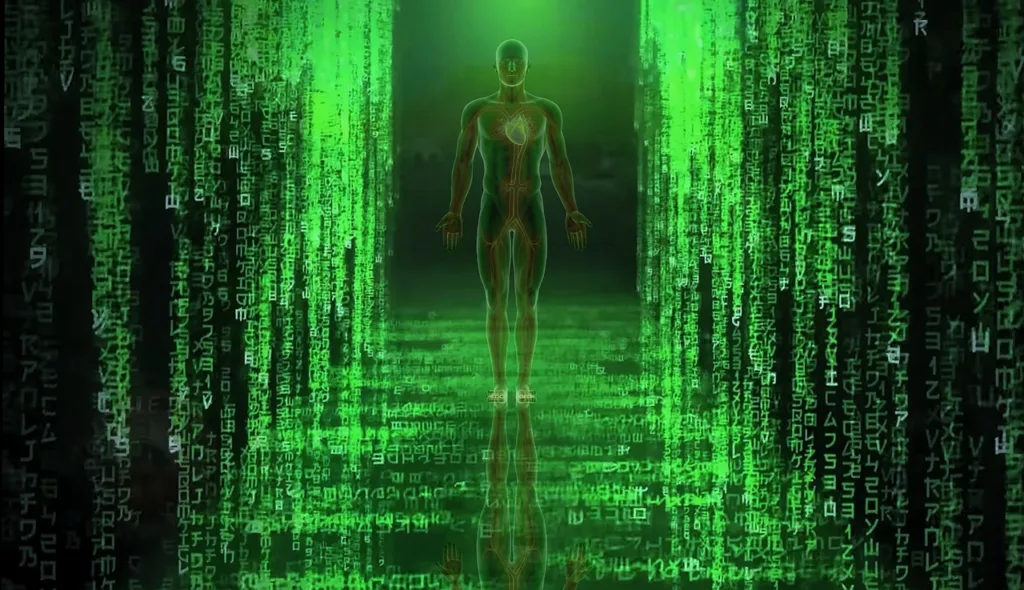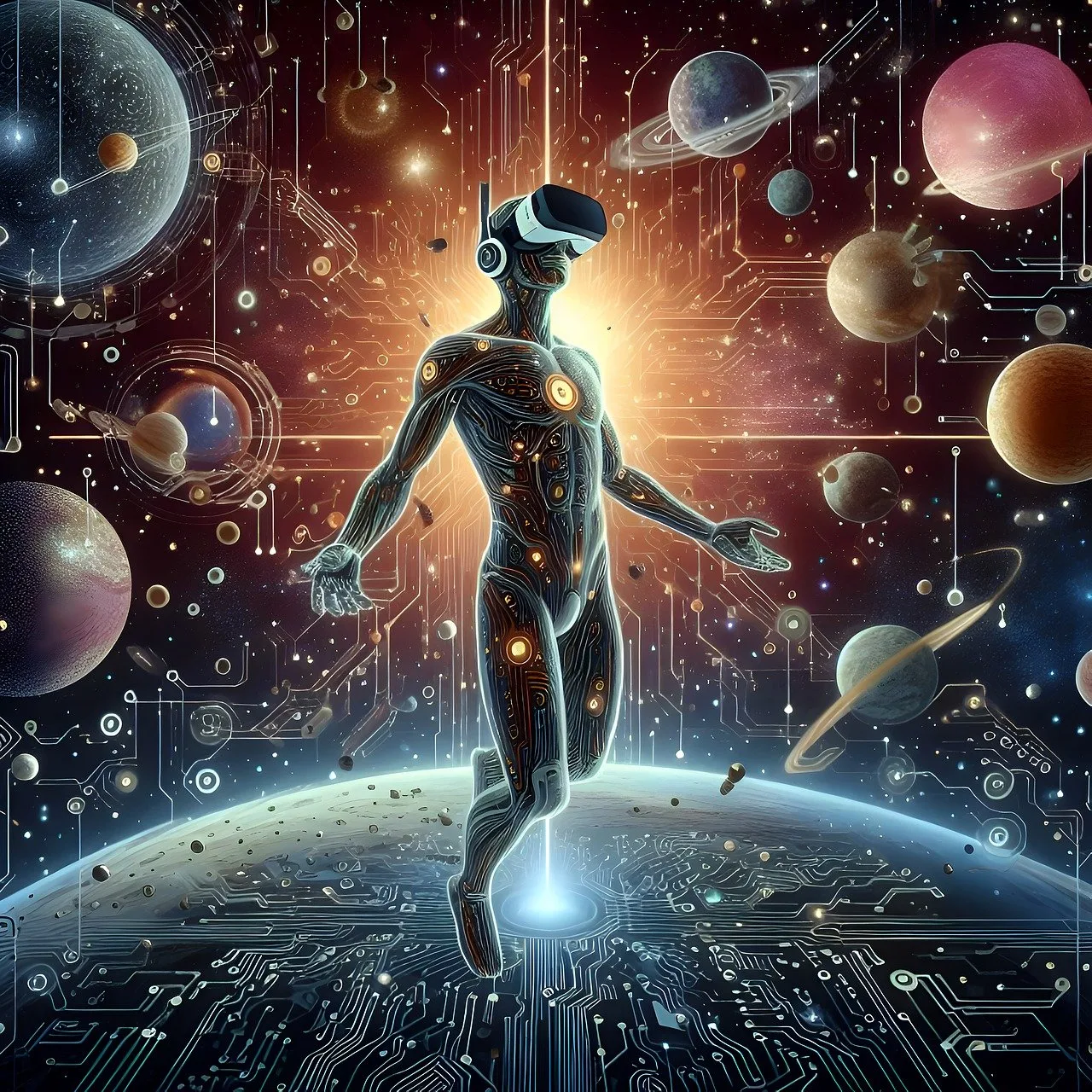Table of Contents
A scientist has claimed proof that our lives are Simulation.
Thomas Anderson, a.k.a. Neo, learns the ultimate truth—that the universe is a simulation—in the 1999 movie The Matrix. Although this theory makes for excellent science fiction material and explains how Neo can pick up kung-fu in around five seconds, it isn’t quite as thoughtfully placed in the fiction area as one might think.
Melvin Vopson, a scientist at the University of Portsmouth who investigates the notion that the universe is, in fact, a digital copy, draws inspiration from the movie. This past October, Vopson referenced the science fiction masterpiece of the Wachowski brothers in an article that appeared on The Conversation website. At the same time, he published a book on the same topic, titled Reality Reloaded, which is a subtly humorous nod to the title of the less successful Matrix sequel. Vopson asserts to possess something that those who came before him did not, despite the fact that he is merely one of many who have thought about it.

Everything that occurs in the universe, including the motion of objects and the movement of energy, is governed by laws in physics. The laws of physics underpin everything,” Vopson stated in 2022. The second law of thermodynamics, which states that entropy, a measure of disorder in an isolated system, can either rise or remain the same but cannot decrease, is one of the most potent laws.
Vopson anticipated that entropy in information systems, which he had previously termed as a “fifth state of matter,” might likewise increase with time based on this well-known law. However, it doesn’t. Rather, in equilibrium, it stays the same or even drops to a minimum value. The Second Law of Thermodynamics, which motivated Vopson to embrace the Second Law of Information Dynamics (also known as Infodynamics), stands in stark contrast to this.
Vopson stated in The Conversation, “We know the universe is expanding without the loss or gain of heat, which requires the total entropy of the universe to be constant.” But thermodynamics also tells us that entropy is constantly increasing. I contend that this demonstrates the need for information entropy, another entropy, to counteract the increase.

According to Vopson, cosmology (see above), biological systems, and atomic physics (electron arrangement) are all affected by this law. In the final one, Vopson makes a major assertion: mutations truly happen to reduce information entropy, not because they happen at random, as Charles Darwin believed. Vopson conducted an analysis on the dynamic SARS-CoV-2 virus, also known as COVID-19. His findings, which were published in the journal AIP Advances this past October, demonstrate “a unique correlation between the information and the dynamics of the genetic mutations.”
According to Vospon, all of this suggests that we may utilize the Second Law of Infodynamics to demonstrate that we are living in a simulation.
“If our universe were a simulation, it would need to have built-in data compression and optimization to minimize the amount of processing power and data storage needed to run the simulation,” Vopson stated in The Conversation. “Everything around us, in digital data, biological systems, mathematical symmetries, and the universe, is precisely what we are observing.”

Before any of these assertions can even be regarded as credible, they must all be thoroughly tested and verified. As IFLScience points out, there are just as many study articles disputing our digital existence as there are endorsing its scientific inevitability. The question Plato posed is still unresolved, even if Vopson’s Second Law of Infodynamics may lead to some fascinating discoveries.
read also : RAM Is About To Take A Revolution, Making Computing Unstoppable 2024
A Scientist Says He Has the Evidence That We Live in a Simulation (msn.com)


1 thought on “A scientist has claimed proof that our lives are Simulation 2024”